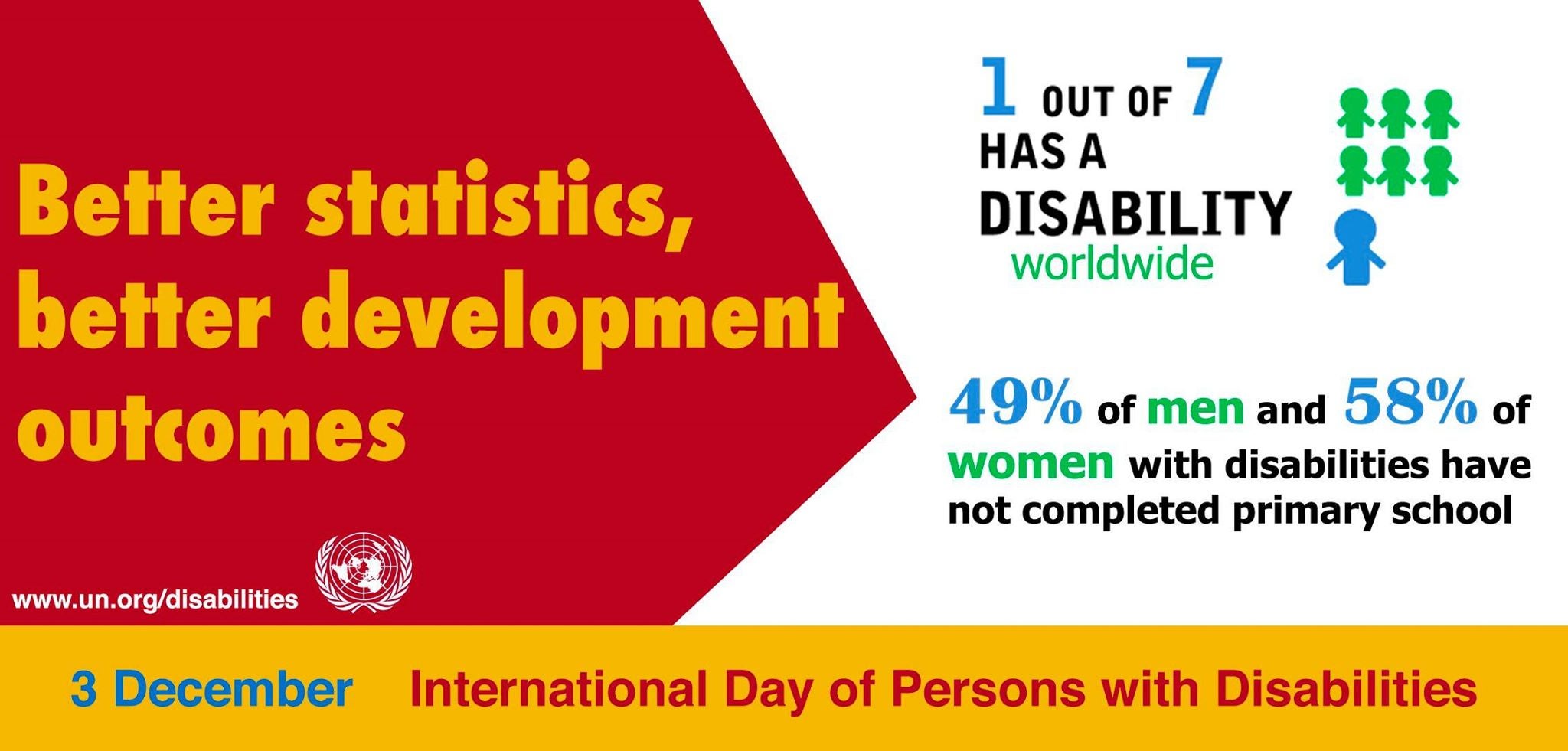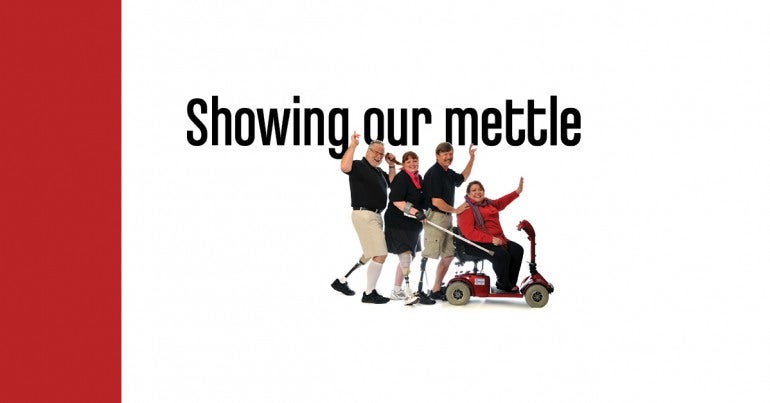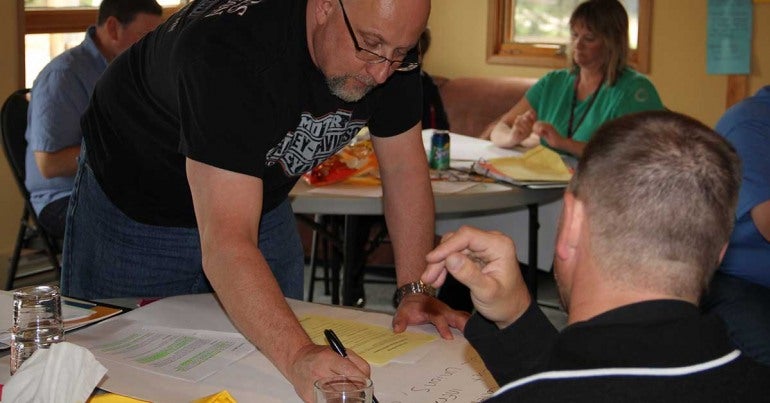
Canada was, in fact, the first country to include legal protection for persons with disabilities in its constitution, an accomplishment of which all Canadians can be proud. Canada is also a signatory to the UN Convention on the Rights of People With Disabilities, which it ratified on March 11, 2010.
CUPE members who are on the CUPE National Persons with Disabilities Committee often get asked what individual union members or locals can do to support our members with disabilities. Some recommended actions include the following:
- Seek out CUPE members with disabilities and encourage and support their activism in the union. They have much to contribute to bargaining and other local committees, union meetings, and as shop stewards and elected union officers.
- Ensure that spaces and functioning of union meetings and events are disability-friendly. This may be as simple as advising members to speak one at a time and to make their faces visible to the member that is hard-of-hearing; to explain what is on a chart, poster or pamphlet that cannot be read by a vision-impaired member; by reducing obstacles by holding union events in spaces that do not require the use of stairs or that lack wheelchair-accessible washrooms.
It may also be a longer range plan such as developing an accessibility checklist for the local to follow, and to move the site of union meetings and schools to accessible venues. - Take advantage of the resources offered by CUPE to educate your membership about disability issues, rights and accommodations. There are several Shop Steward Learning Series modules dealing with creating disability-friendly workplaces, the duty to accommodate disabilities, and aspects of mental health. There is also a 9-hour duty to accommodate course, focused on the accommodation of members with disabilities.
- Get copies of the poster and fact sheets that were developed by CUPE as part of our disabilities rights awareness campaign, launched by the National Persons with Disabilities Committee. Display and distribute them in your local union office and events.
- Conduct a membership survey to determine the disability profile of your membership, so that the local can identify the barriers faced by our members with disabilities in the workplace and the union, both to achieve greater accommodation and greater activism among our members with disabilities.
- When organizing labour schools, conventions and the like, take steps to conduct an accessibility audit in order to remove barriers to persons with disabilities. Strive to ensure that guest speakers with disabilities and entertainers with disabilities are part of union events.
- Ensure that shop stewards and members have opportunities to become empowered by learning about human rights – and obligations – in the accommodation process so that the union can effectively use this tool for meaningful change for all of its members.
- When sending out the call for bargaining proposals, strive to ensure that a member with a disability is on the bargaining committee or invite input about disability-related needs including such things as short and long-term disability coverage, duty to accommodate programs, related benefits, etc. In certain cases, it might be useful to provide a special meeting for input from workers with disabilities to have input into the bargaining process.
- Lobby provincial and federal government for more effective workers’ compensation regulations and for improved occupational health and safety regimes. Form relationships and alliances with disability rights organizations to ensure a union presence and input there.
-
Work to understand disability-related issues and ensure that our unions and workplaces benefit from the involvement of all members. Accommodation and human rights go hand in hand with collective agreement rights.
In solidarity,
Mark Hancock
National President
Charles Fleury
National Secretary-Treasurer



